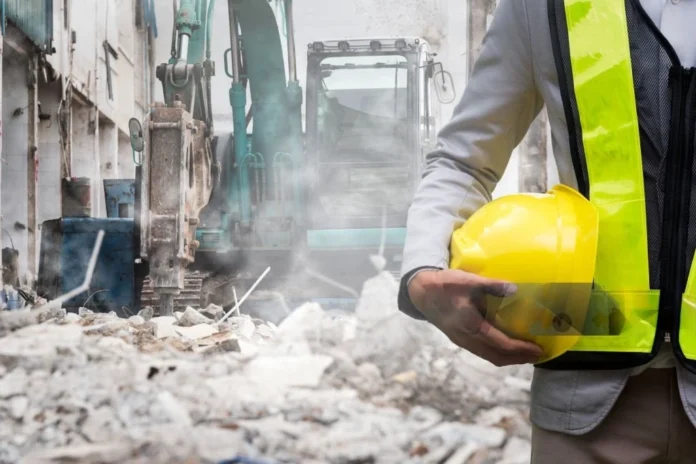Buying property in Malta as a foreigner comes with clear steps and legal requirements. If you skip or misunderstand any part, you risk delays, fines, or even losing your investment. Malta’s property market is open to foreign buyers, but that doesn’t mean it’s easy to navigate. You’ll need a sharp focus on documentation, approval requirements, and local legal procedures.
This guide covers everything you must know to move forward confidently.
Key Highlights
- Foreigners need a specific permit called AIP for most property purchases in Malta
- Not all areas and properties require the same approval process
- The contract process includes a promise of sale, legal checks, and final deed signing
- Legal fees, stamp duty, and notarial costs must be factored into the budget
- Buyers must provide proper identification and financial documentation
- Reputable local partners can simplify the entire legal process
Who Can Buy Property in Malta?
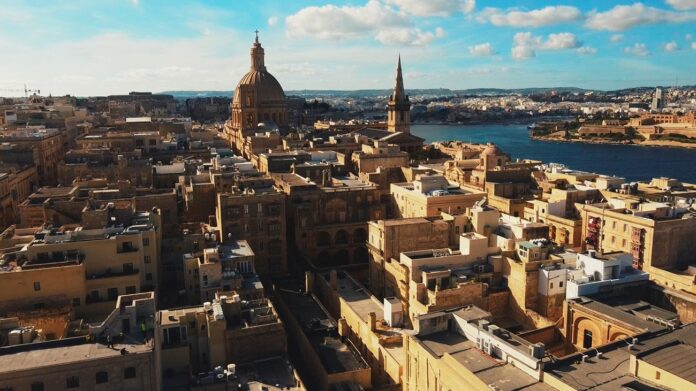

Foreign nationals can buy property in Malta under specific legal frameworks. There are two major categories of foreign buyers:
- EU Citizens who have resided in Malta continuously for five years or more
- All other foreign nationals, including non-EU residents or those without long-term status
For most foreigners, the law requires an Acquisition of Immovable Property (AIP) permit, issued by the Maltese Ministry for Finance and Employment.
The AIP permit process confirms that the buyer is eligible to purchase the property and ensures the transaction aligns with Maltese laws. Properties that fall inside Special Designated Areas (SDAs) do not require an AIP permit, which is one reason those zones are popular among international buyers.
Finding a Trusted Local Partner


You cannot complete a real estate transaction in Malta without reliable, expert help on the ground. Navigating legal clauses, municipal checks, and valuation requirements demands precision.
That’s where Excel Homes comes in. If you’re considering buying in Malta, getting support from a trusted name like Excel Homes makes the process smoother. Their team doesn’t just help sellers set the right price—they also support buyers through every step of the legal journey. You can reach out to them for a free property valuation or guidance on how to structure your deal. With the right advisor, you avoid confusion, missteps, and expensive setbacks.
What Is an AIP Permit and Who Needs One?
The AIP (Acquisition of Immovable Property) permit is a legal requirement for non-residents buying property in Malta. It applies unless the purchase is inside an SDA zone.
When Is It Required?
- Non-EU citizens buying residential property
- EU citizens without five years of continuous residency
- Buying property outside Special Designated Areas
The AIP permit must be obtained before the final deed is signed. Failure to do so voids the transaction and puts your investment at risk.
How to Apply for an AIP Permit
You apply through the AIP Section of the Ministry for Finance. Required documents usually include:
- Copy of passport
- Preliminary agreement or promise of sale
- Description and location of the property
- Payment of application fee (€233 as of latest update)
Processing typically takes 6 to 8 weeks, so start early.
Promise of Sale (Konvenju)
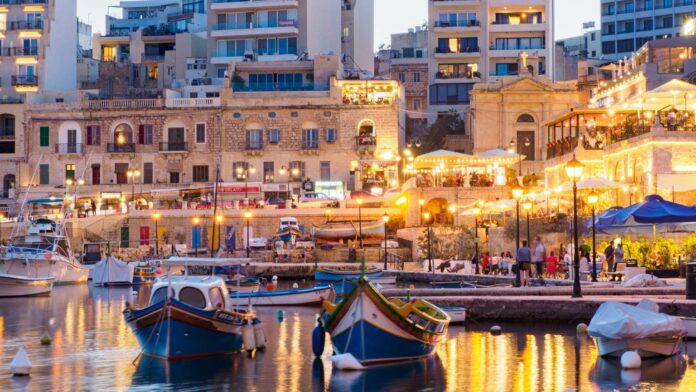

After you agree on a property, the next step is to sign the Promise of Sale, also known as the Konvenju. This contract locks in your intent to purchase.
Key Elements of a Promise of Sale
- Names of both parties
- Detailed property description
- Agreed price and payment terms
- Clauses for financing or AIP approval
- Expiry date of the agreement
At this stage, the buyer pays 10% of the purchase price as a deposit. A notary public oversees the process, including legal checks on the property title, boundaries, and taxes.
If the deal falls through due to conditions not being met (e.g., loan rejection or AIP denial), the buyer might recover the deposit, depending on the contract terms.
Required Documents for the Property Transfer
The final deed marks the legal transfer of ownership. Both parties must appear in front of the notary and sign the document.
Documents Needed from the Buyer:
- Valid passport or EU ID
- AIP permit (if applicable)
- Proof of funds
- Bank loan agreement (if financing is involved)
- Tax identification number (TIN)
The notary registers the deed with the Public Registry and submits documents to the Inland Revenue Department.
Costs and Legal Fees
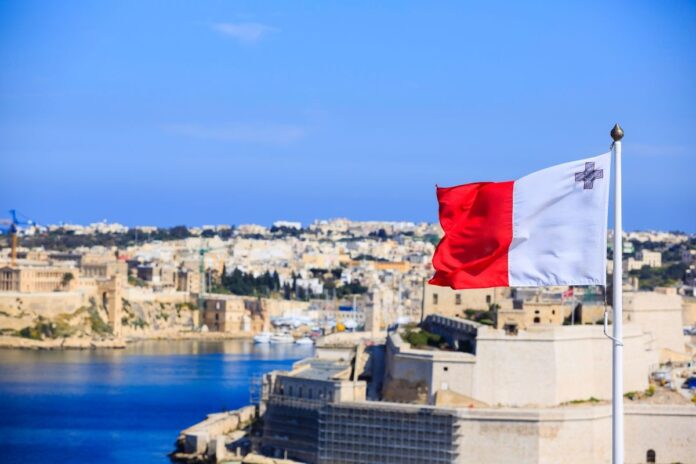

Buying property in Malta comes with several additional charges. Budget for more than just the property price.
Typical Fees Include:
- Stamp duty: 5% of purchase price
- Notary fees: 1% to 2.5% depending on complexity
- Searches and registrations: around €600–€1,200
- AIP permit fee: €233
- Architect inspection: optional, usually €200–€500
Always request a full cost breakdown before signing any agreement. Also, check if the seller is paying any portion of the notary or agency fees.
Special Designated Areas (SDAs) and Their Benefits
Foreigners can freely buy property in SDAs without the need for AIP permits. These areas are developed for international investment and offer full property rights to non-residents.
Popular SDAs in Malta:
- Portomaso (St. Julian’s)
- Tigné Point (Sliema)
- Fort Chambray (Gozo)
- Pendergardens
- Madliena Village
SDA properties are more expensive but often come with amenities like pools, gyms, and security. They also simplify the purchase process and offer stronger resale potential.
Using a Notary Public in Malta
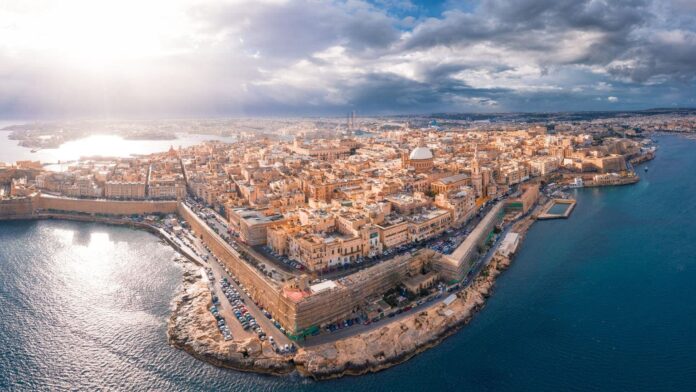

A notary plays a key role in property transactions. They verify the legal status of the property, confirm identities, register official documents, and safeguard both parties’ interests.
You should select a licensed notary early in the process. Your notary:
- Performs title searches
- Registers the promise of sale
- Confirms property boundaries
- Ensures no liens or encumbrances
- Handles final deed registration
Their involvement protects your legal standing and secures the deal.
Common Pitfalls Foreign Buyers Should Avoid
Errors in documentation or timeline violations can lead to serious consequences.
Avoid These Mistakes:
- Delaying your AIP application
- Relying on verbal agreements
- Skipping due diligence on the property
- Ignoring legal translation needs
- Underestimating total transaction costs
Always have a notary, real estate agent, and local legal support on your side. Be thorough and ask for updates in writing.
Final Step: Signing the Final Deed
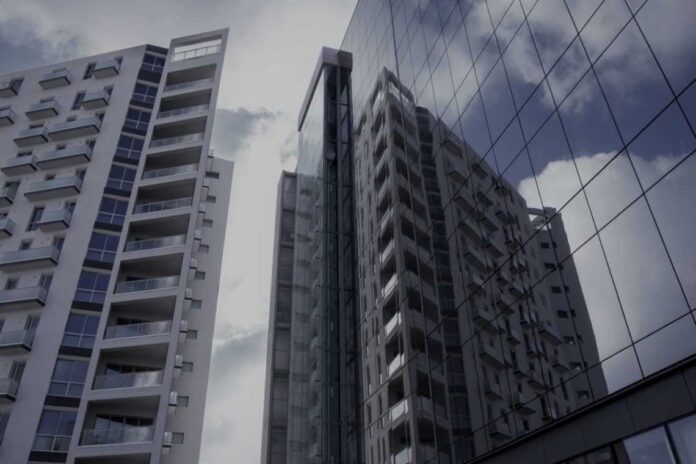

Once the AIP permit is issued and all legal checks are complete, you’ll sign the final deed. This occurs at the notary’s office, with all parties present.
On that day:
- Full payment is made via bank draft
- Notary collects final fees and taxes
- Property keys are handed over
- Ownership is officially transferred
The notary files the deed with the authorities, and the deal becomes permanent.
Conclusion: Buy Smart, Stay Safe
Buying property in Malta can be a profitable and enjoyable experience for foreigners—but only if you respect the legal procedures. The process involves several layers: permits, legal contracts, official registrations, and financial documentation. Miss one step, and you could face legal delays or penalties.
Start with the right support. Choose experienced professionals to guide you through property evaluations, legal checkpoints, and approvals. Know your documents. Read the contracts. Get every step confirmed in writing. That’s how smart buyers stay ahead in Malta’s property market.





